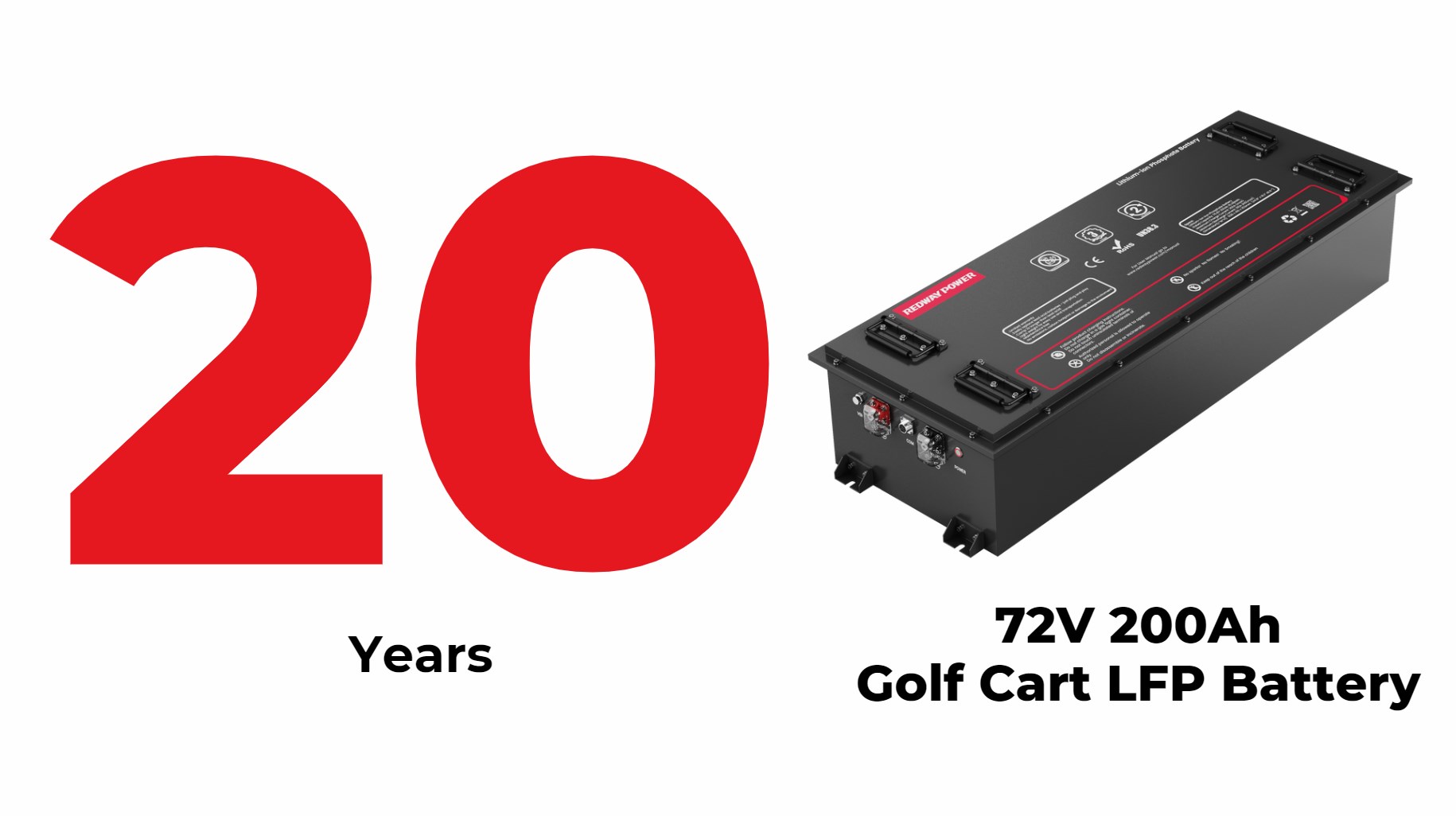When considering the longevity and reliability of a 72V lithium battery, it’s crucial to understand various factors that impact its lifespan. While lithium batteries are widely recognized for their durability and extended service life, achieving a 20-year lifespan remains highly optimistic. This article delves into the core aspects that influence the longevity of a 72V lithium battery, providing a comprehensive analysis based on current technological standards and practical usage.
A 72V lithium battery typically lasts 8 to 10 years, not 20. Factors like charge cycles (3000-6000), temperature control, and maintenance practices significantly influence lifespan. While technology may improve longevity in the future, most lithium batteries cannot realistically achieve a lifespan of 20 years under normal usage conditions.
Understanding Lithium Battery Technology
Lithium batteries, particularly Lithium Iron Phosphate (LiFePO4) types, are celebrated for their long cycle life, high energy density, and thermal stability. The 72V 200Ah Lithium Iron Phosphate battery, a prominent example, offers a nominal energy capacity of 15.36 kWh. This battery is engineered for high performance in electric vehicles, industrial machinery, and renewable energy systems. Despite these advantages, the expectation of a 20-year lifespan for such batteries is generally optimistic.
Factors Influencing the Lifespan of a 72V Lithium Battery
The lifespan of a 72V lithium battery depends on factors such as usage, charging patterns, and maintenance. While lithium batteries are known for their durability and longevity, it is unlikely for a 72V lithium battery to last 20 years. On average, a high-quality lithium battery can last between 5 to 10 years. However, individual results may vary based on factors such as usage intensity, operating conditions, and battery quality. Regular maintenance, proper charging practices, and following the manufacturer’s guidelines can help maximize the lifespan of the battery. While 20 years may be an optimistic expectation, it is important to consider the realistic lifespan of the battery and plan for replacements accordingly.
1. Battery Chemistry and Design
The chemistry and design of a lithium battery significantly affect its lifespan. The LiFePO4 chemistry is known for its robustness, providing up to 2000-5000 charge cycles depending on usage. Although this extends the battery’s operational life, external factors play a more critical role in determining the actual longevity.
2. Usage Patterns
The intensity of usage is a major determinant of battery lifespan. Frequent deep discharges and high-current demands can accelerate degradation. For instance, if a 72V lithium battery is regularly discharged to 20% and recharged to 100%, it will experience more wear compared to a battery that is charged and discharged within a narrower range.
3. Charging Practices
Proper charging practices are essential to maximizing battery life. Overcharging or using inadequate chargers can lead to thermal stress and reduced lifespan. The 72V lithium battery benefits from smart charging systems that regulate charging rates and prevent overcharging, thus extending the battery’s effective lifespan.
4. Environmental Conditions
The operational environment of the battery also impacts its longevity. Lithium batteries, including the 72V model, are designed with a wide temperature tolerance and an IP67 rating for water and dust resistance. However, extreme temperatures and high humidity can still affect performance. Batteries used in harsher conditions may require additional maintenance and environmental controls to ensure longevity.
5. Maintenance and Upkeep
Routine maintenance is vital for prolonging battery life. Regular checks on the Battery Management System (BMS) and ensuring that the battery is operating within its recommended parameters can prevent potential issues. The 72V lithium battery often includes advanced features such as self-heating and fast charging capabilities, which, when properly managed, contribute to its overall durability.
Expected Lifespan of 72V Lithium Batteries
On average, high-quality lithium batteries like the 72V 200Ah LiFePO4 model are designed to last between 5 to 10 years under optimal conditions. While some batteries may extend beyond this range with ideal usage and maintenance, a 20-year lifespan is unlikely. Technological advancements may improve longevity in the future, but current standards suggest planning for replacement around the 5 to 10-year mark.
Maximizing the Lifespan of a 72V Lithium Battery
To achieve the best possible lifespan for a 72V lithium battery, consider the following strategies:
- Adopt Smart Charging Practices: Utilize chargers compatible with the battery’s specifications to avoid overcharging and overheating.
- Maintain Optimal Operating Conditions: Ensure the battery is used within its recommended temperature and humidity ranges.
- Perform Regular Maintenance: Conduct periodic checks on the BMS and battery health to detect and address potential issues early.
- Avoid Deep Discharges: Regularly recharge the battery before it reaches critically low levels to reduce stress on the battery.
The Role of Advanced Features
The 72V 200Ah Lithium Iron Phosphate battery is equipped with several advanced features that enhance its performance and safety. These include:
- Battery Management System (BMS): This sophisticated system ensures optimal performance by monitoring individual cells, balancing charge levels, and providing protection against overcharge, over-discharge, and short circuits.
- Self-Heating: In colder climates, the self-heating feature helps maintain optimal battery temperature, preventing performance issues related to low temperatures.
- Fast Charging: Designed to minimize downtime, the fast-charging capability ensures quicker energy replenishment, which is particularly beneficial for high-demand applications.
How to Extend the Life of Your Lithium Batteries to 20 Years
Conclusion
While the expectation of a 20-year lifespan for a 72V lithium battery is optimistic, understanding the key factors that influence battery longevity helps in setting realistic expectations. By adhering to best practices in usage, maintenance, and charging, and leveraging the advanced features of modern batteries, users can maximize the performance and lifespan of their 72V lithium batteries. As technology evolves, future advancements may push these boundaries, but for now, planning for a replacement within 5 to 10 years remains the most practical approach.
For businesses and OEMs seeking reliable and high-performance battery solutions, the 72V 200Ah Lithium Iron Phosphate battery remains a top choice, offering exceptional durability, performance, and flexibility across various applications.







